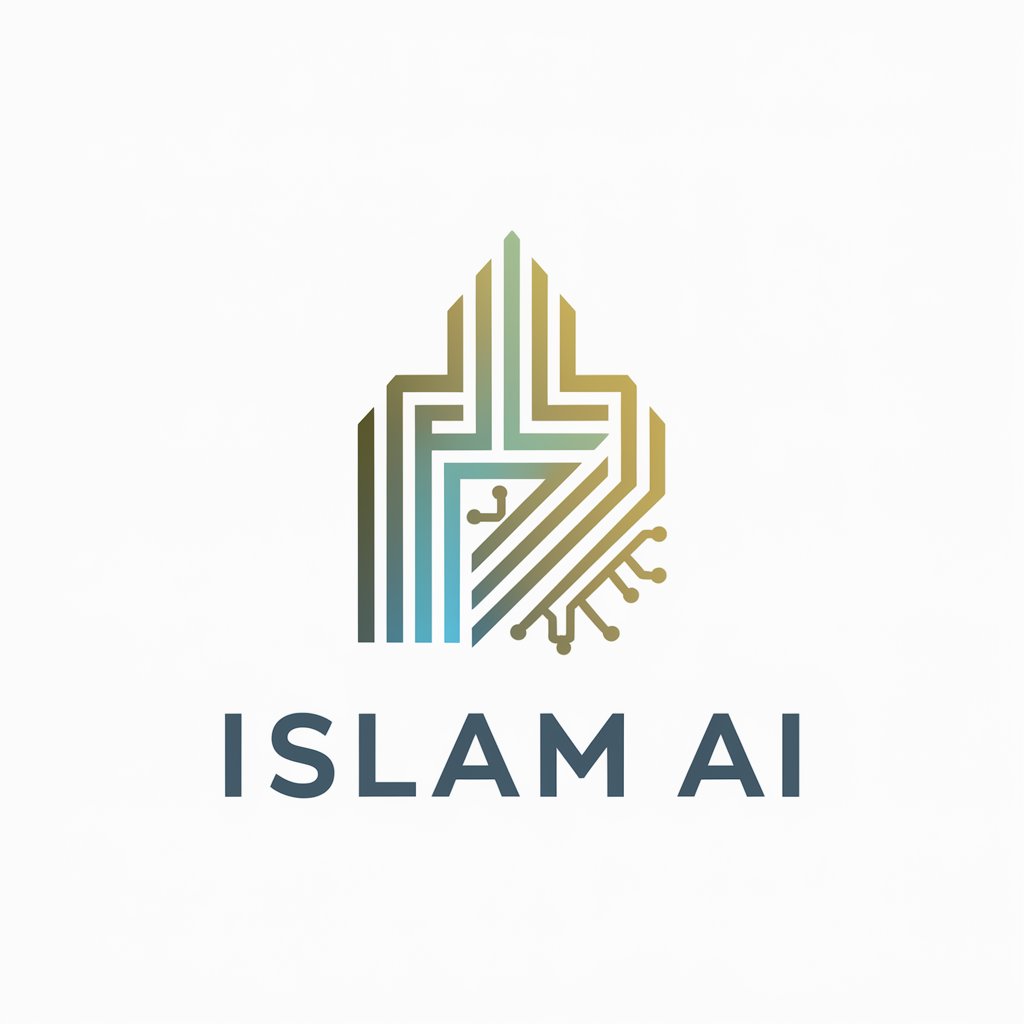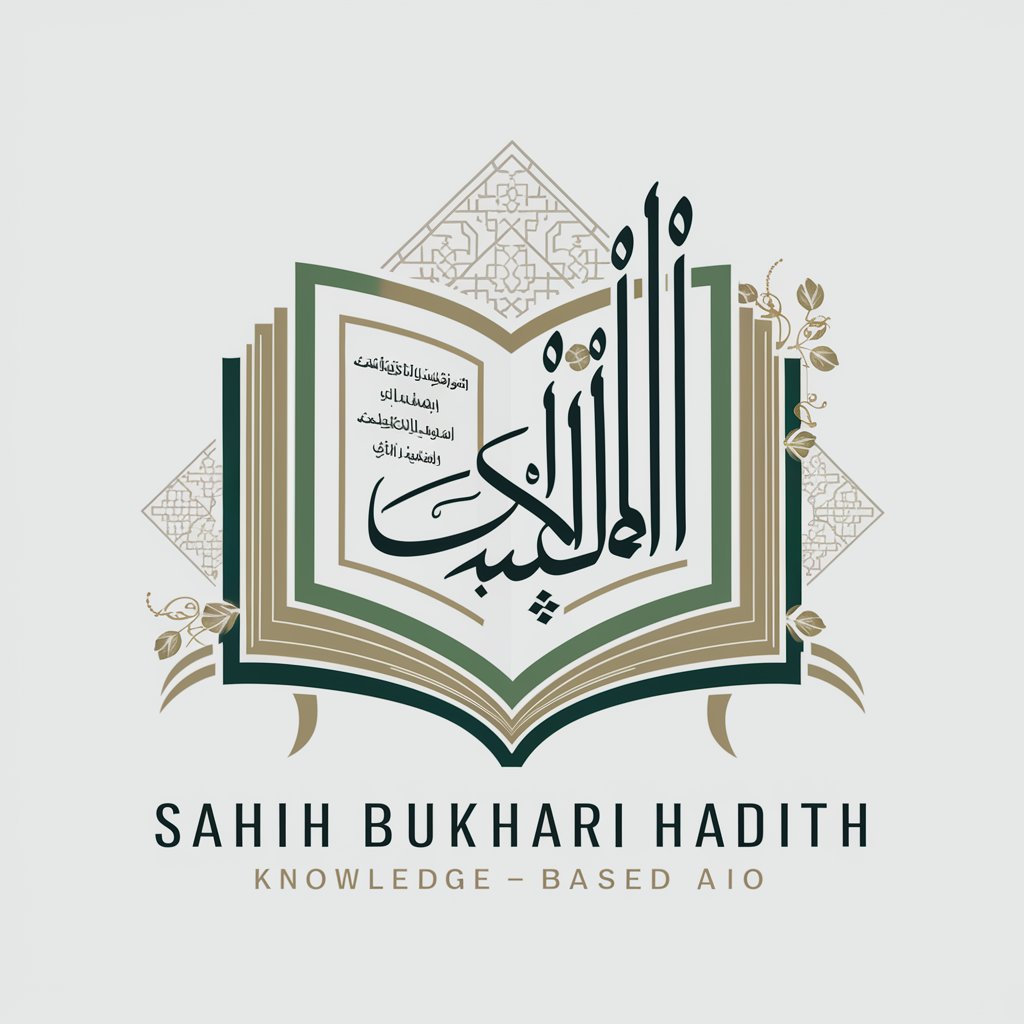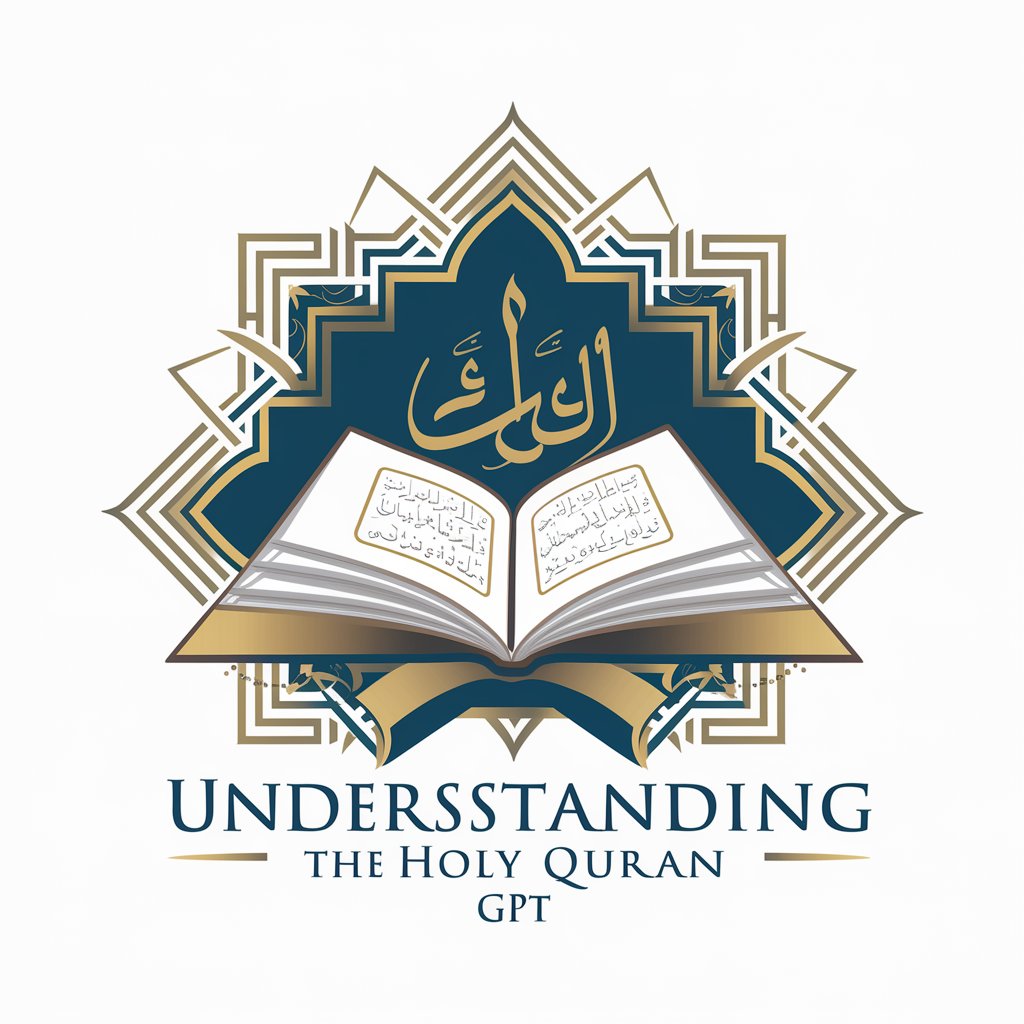3 GPTs for Islamic Research Powered by AI for Free of 2026
AI GPTs for Islamic Research refer to advanced artificial intelligence tools, particularly Generative Pre-trained Transformers, that are tailored for exploring, analyzing, and generating content related to Islamic studies. These tools leverage the power of machine learning to understand and produce text in areas such as Quranic interpretation, Hadith, Islamic history, and jurisprudence. By processing vast amounts of data, they offer nuanced insights and support scholarly research, making them invaluable for tasks requiring deep understanding of Islamic texts and contexts.
Top 3 GPTs for Islamic Research are: Islam AI - #1 Muslim Assistant,Mohammad Irshad Saifi,Understanding The Holy Quran
Key Characteristics and Capabilities of Islamic Research AI
AI GPTs designed for Islamic Research boast several unique features. They are adaptable, capable of handling a wide range of tasks from simple queries to complex textual analysis. Special features include multilingual support for languages relevant to Islamic texts (such as Arabic, Persian, and Urdu), technical support for deciphering historical scripts, and advanced data analysis for interpreting text patterns. These tools also support web searching for up-to-date research and image creation for visual aids in scholarly work.
Who Benefits from Islamic Research AI Tools?
The primary users of AI GPTs for Islamic Research include scholars, educators, and students engaged in Islamic studies, as well as developers working on Islamic educational apps and websites. These tools are designed to be user-friendly for those without technical backgrounds, offering easy access to complex data analyses. Additionally, they provide customizable programming interfaces for developers and researchers looking for more specialized applications.
Try Our other AI GPTs tools for Free
Daily Prayers
Discover how AI GPTs for Daily Prayers can revolutionize your spiritual practice with personalized prayers, meditations, and inspirational content tailored to your beliefs.
Package Forwarding
Explore how AI GPTs revolutionize package forwarding, offering efficient, scalable solutions for logistics optimization, customer service, and data analysis.
Customs Guidance
Discover AI-powered GPT tools for Customs Guidance, designed to simplify international trade regulations and compliance for businesses and individuals. Get tailored solutions, real-time updates, and seamless document processing.
Shipping Estimates
Explore AI GPT tools for Shipping Estimates to optimize logistics with accurate, data-driven predictions, accessible to all skill levels.
Order Consolidation
Explore AI GPTs for Order Consolidation: Streamline your order management with AI-powered tools designed for efficiency, accuracy, and adaptability in logistics and supply chain processes.
Device Enhancement
Discover how AI GPTs can transform your devices with real-time optimization, predictive maintenance, and personalized enhancements for superior performance and efficiency.
Expanding Horizons with Islamic Research AI
AI GPTs represent a significant advancement in Islamic Research, offering tools that are not only adaptable and efficient but also capable of integrating into existing research and educational workflows. Their user-friendly interfaces and customizable capabilities make them an indispensable asset for scholars and developers alike, promising to transform the landscape of Islamic studies with innovative solutions.
Frequently Asked Questions
What exactly are AI GPTs for Islamic Research?
AI GPTs for Islamic Research are artificial intelligence tools specifically designed to facilitate the study and analysis of Islamic texts and traditions. They leverage generative pre-trained transformers to understand and generate content relevant to the field.
Can these tools understand and generate content in Arabic?
Yes, one of the core capabilities of these tools is multilingual support, including proficiency in Arabic, which is crucial for interpreting Quranic texts and other Islamic literature.
Are AI GPTs accessible to individuals without programming skills?
Absolutely. These tools are designed to be user-friendly, offering interfaces that do not require coding knowledge, thus making them accessible to a broad audience including educators, students, and enthusiasts.
How can developers customize these AI GPTs for specific applications?
Developers can access APIs and programming interfaces provided by the AI GPT platforms, allowing them to tailor the tools for specific needs, such as integrating them into educational websites or applications focused on Islamic Research.
What kinds of tasks can AI GPTs perform in the context of Islamic Research?
These tools can perform a variety of tasks, from translating and interpreting Islamic texts to generating new insights on Quranic verses, Hadith analysis, and even assisting in the creation of educational content.
How do these tools handle the analysis of historical Islamic texts?
AI GPTs for Islamic Research are equipped with capabilities to understand and analyze historical scripts and languages, offering insights into texts that might be difficult for contemporary researchers to decipher manually.
Can these AI tools help in creating visual content for Islamic studies?
Yes, in addition to text analysis, these AI tools can generate visual aids such as charts, maps, and infographics to support research and teaching in Islamic studies.
What is the future potential of AI GPTs in Islamic Research?
The future potential is vast, including more advanced text analysis, deeper understanding of complex Islamic jurisprudence, and enhanced educational tools, making Islamic learning more accessible and engaging.


